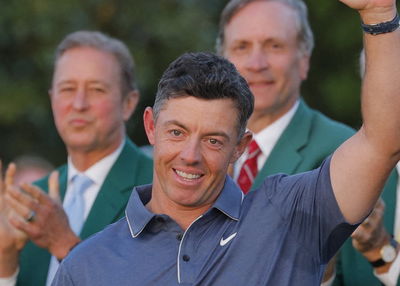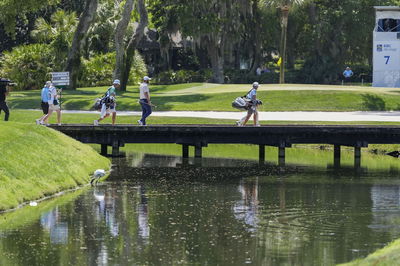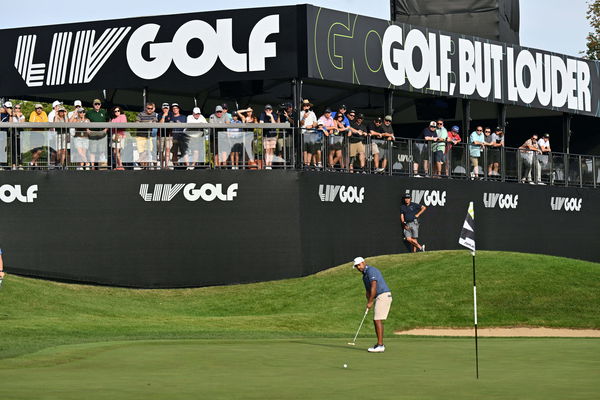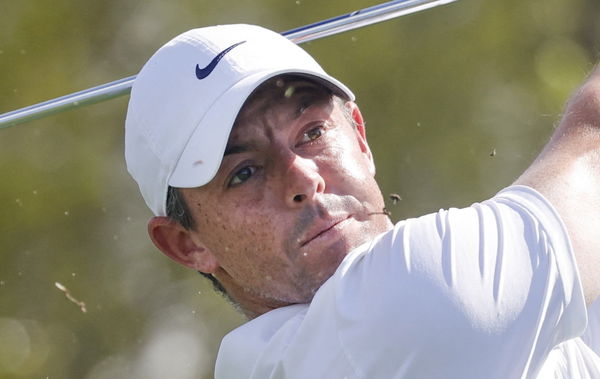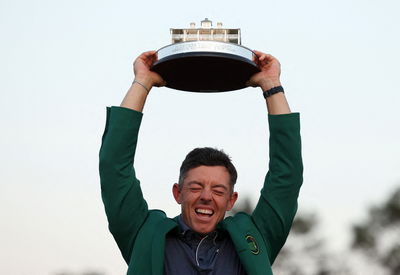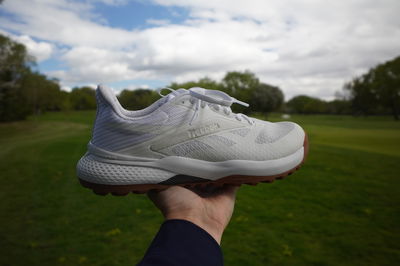Patrick Reed ordered to pay fees and costs to defendants after dismissed lawsuit
LIV Golf star Patrick Reed ordered by judge to pay attorney fees and costs after his $750m lawsuit was twice dismissed.
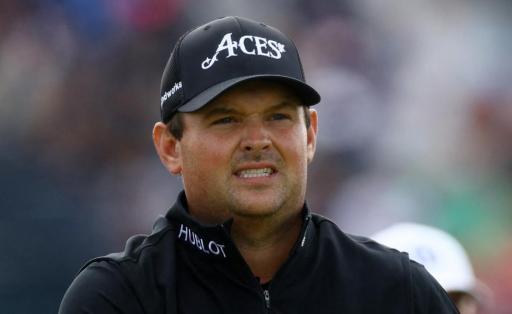
LIV Golf star Patrick Reed has been ordered to pay attorney fees and costs to media outlets after his $750m lawsuit was dismissed twice.
Reed, 33, must pay attorney fees and costs to Golf Channel analysts Brandel Chamblee and Damon Hack, Fox Sports reporter Shane Ryan, Golfweek.com and its columinist Eamon Lynch, Associated Press writer Doug Ferguson and Gannett (the Times-Union's parent organisation).
UPDATE: Patrick Reed to appeal "outrageous rulings" as counsel says "this fight is far from over"
The ruling was first reported by Andrew Pantanzi, editor of The Tributary.
A Jacksonville federal judge ruled today that @PReedGolf will have to pay @chambleebrandel & news outlets who he sued for alleged defamation when he was criticized for his involvement with LIV.
The court found Reed brought the meritless lawsuits in order to stifle free speech. pic.twitter.com/4xNXEWBDh8
— Andrew Pantazi (@apantazi) January 5, 2024
The 2018 Masters champion had alleged each of the defendants above had committed "conspiracy, defamation, injurious falsehood and tortious interference" and that they had acted "in concert as joint tortfeasors."
Reed took aim at being criticised for a number of golf rules issues, in particular the one from Tiger Woods' Hero World Challenge in 2019, as well as his decision to jump ship from the PGA Tour to the Saudi-bankrolled LIV Golf League in 2022.

US Middle District Court Judge Timothy Corrigan dismissed Reed's lawsuit for a second time on September 27, 2023.
Corrigan also denied motions by Reed for Corrigan to recuse himself and to reconsider his earlier dismissal with prejudice.
In Corrigan's ruling, he wrote:
Corrigan has ordered the law firms representing each of the defendants to file a motion for the attorney fees and costs.
Reed now has February 23, 2024, in which to respond.
Corrigan reiterated in his latest ruling that the defendants "exercised the constitutional right of free speech" in their publications about Reed as a public figure."
Sponsored Posts
Latest News
